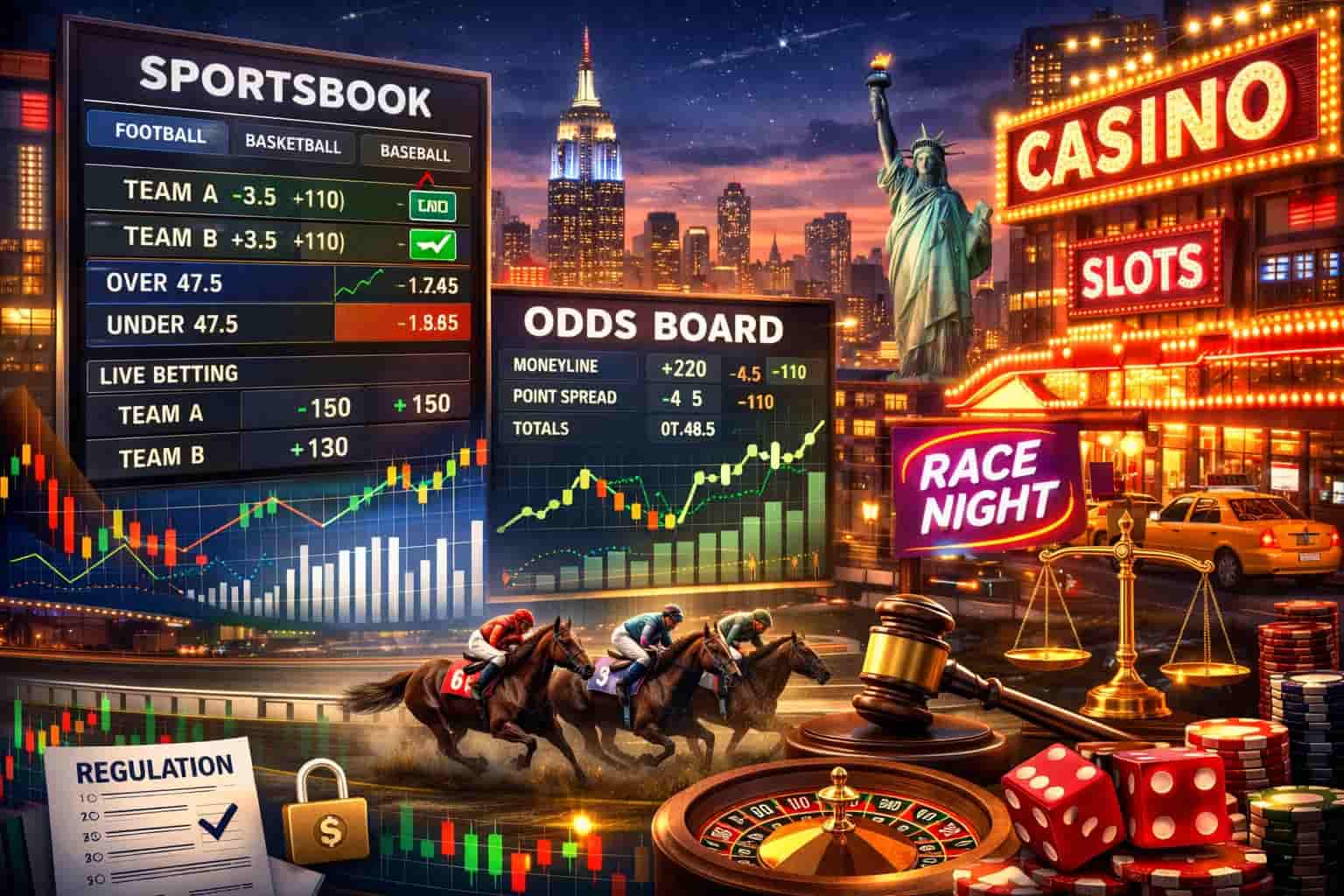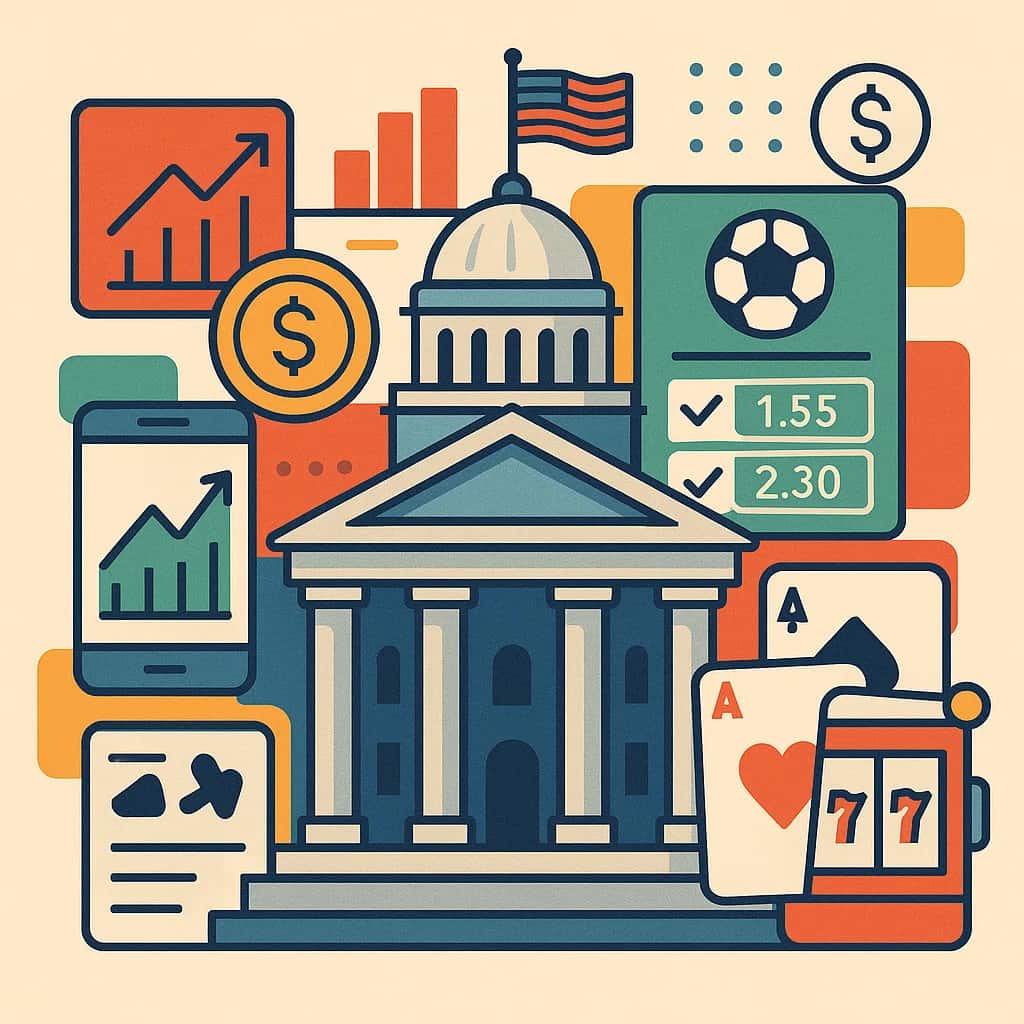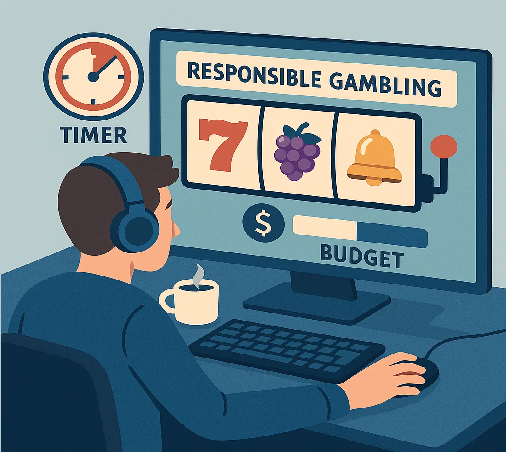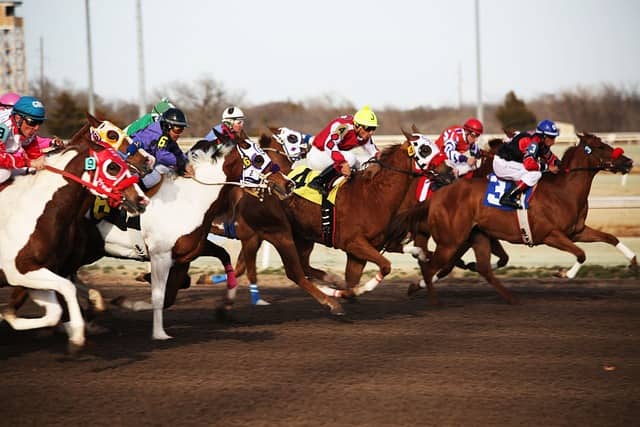Bateu Bet Login is Contributing to the Changing New York Gambling Landscape
Gambling regulation in the United States has changed markedly over the past decade, driven by shifting public attitudes, economic priorities, and rapid technological advancement. New York has emerged as one of the most closely watched states as lawmakers seek to regulate gambling in a way that balances market demand with consumer protection and legal compliance. As online platforms like Bateu Bet login gain wider exposure, questions of access, security, and legitimacy have taken on greater importance, shaping how digital gambling fits into New York’s evolving legal framework.
Gambling Legalization as a Growing Policy Trend across U.S. States

Across the country, gambling legalization has become a pragmatic policy choice rather than a controversial outlier. Many states now view regulated gambling as a tool to generate tax revenue, fund public services, and curb illegal or unregulated operators.
New York’s measured and deliberate approach reflects lessons learned from jurisdictions that have already implemented sports betting and online betting systems. This broader national trend demonstrates that legalization is typically centered on regulation and oversight, not unchecked expansion.
Online Access, Platform Entry Points, and the Question of Legitimacy
As digital gambling platforms expand, discussions increasingly focus on access points and user experience. Secure login procedures, transparent licensing information, and compliance with state and federal regulations are key indicators of legitimacy.
Convenience alone is insufficient; digital access must align with consumer protection standards to be considered lawful and credible.
Federal and State Authority in Gambling Regulation
Gambling laws in the United States are shaped by a dual framework of federal oversight and state-level authority. While federal regulations establish baseline rules and enforcement mechanisms, individual states retain the power to determine how gambling is legalized and regulated within their borders.
New York has used this authority to craft policies that align with its economic objectives while addressing social responsibility concerns. This balance allows states to adapt to technological innovation and market demand while remaining accountable to national legal standards, particularly in online sports betting and casino operations.
Technology, Online Casinos, and Expanding Accessibility
Advances in technology have fundamentally changed how consumers engage with gambling. Online casinos, mobile betting applications, secure payment systems, and widespread smartphone adoption have expanded accessibility significantly.
In New York, this increased access has intensified regulatory discussions, as policymakers weigh consumer demand against the risks associated with online gambling.
Social, Ethical, and Economic Considerations in New York
Gambling policy in New York extends beyond revenue generation. Social and ethical considerations such as gambling addiction, financial harm, and the protection of vulnerable populations play a central role in shaping regulation.
At the same time, legalized gambling offers tangible economic benefits, including job creation and tax revenue.
The challenge for policymakers lies in balancing these competing interests, ensuring that economic opportunities do not come at the expense of consumer welfare and public trust.
Keeping Balance between Online Gambling and State’s Interests
Gambling regulation in New York reflects a broader national shift toward structured, technology-driven gambling environments. From navigating federal and state authority to addressing online accessibility and platform legitimacy, regulatory decisions are designed to balance economic growth with public responsibility. As digital platforms continue to expand, including those accessed through systems such as Bateu Bet login, regulatory compliance and legitimacy will remain central to New York’s gambling landscape.






